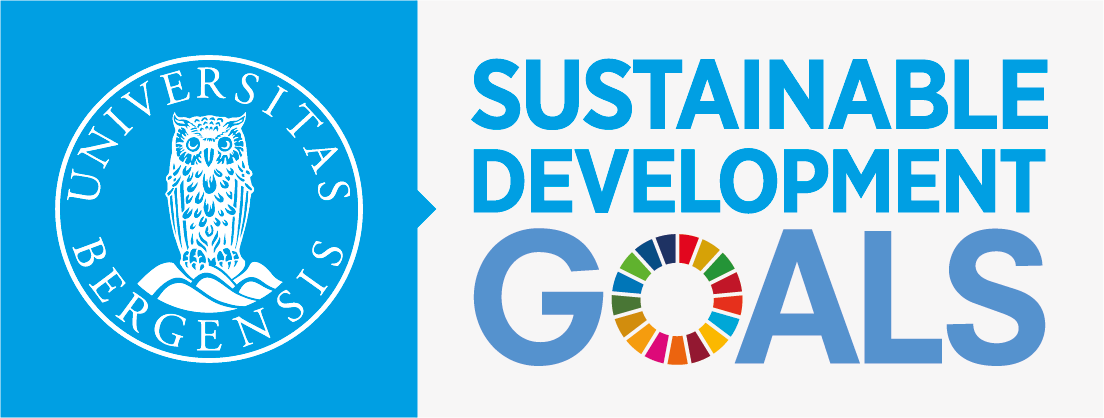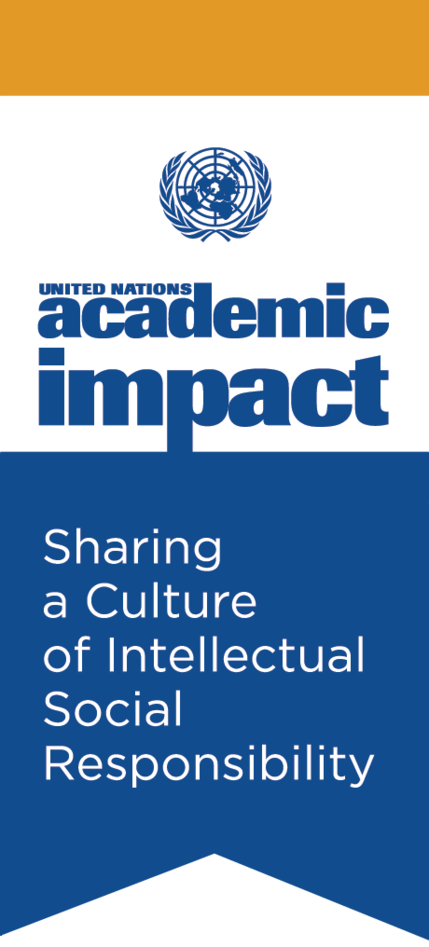SIDEARRANGEMENT: Partnering to educate the ocean science leaders of the future
United Nations Academic Impact og SDG Bergen Science Advice ved Universitetet i Bergen inviterer til et sidearrangement for å øke bevisstheten og kunnskapen om havet samt å utdanne fremtidens havforskningsledere. Arrangementet finner sted tirsdag 6. juli 2021, som en del av høynivåforumet i FN.

Hovedinnhold
- United Nations Academic Impact and SDG Bergen Science Advice at the University of Bergen are co-sponsoring this side event.
The COVID-19 pandemic has shown us that the world needs to be ready for the next pandemic. With a growing world population and increases in human activity we must prepare for more interaction between humans and nature. Where can we look for the solutions?
The ocean is still the least explored part of the planet. Actually, we know less about the ocean than we do the moon. Yet, it is clear from recent explorations that the ocean may hold more solutions to what we need, be it to supply sufficient food for growing populations or the medicine for future disease and pandemics.
And still, ocean literacy is low both among policy-makers and the general population. This may also explain why SDG14 is the most underfunded of the SDGs. We need more science and knowledge on the ocean, and to disseminate it broadly. So, how do we get there?
It is not enough to strengthen funding of ocean sciences alone. A more comprehensive approach is needed to raise ocean literacy and awareness of the ocean’s ecosystem. One place to start would be to strengthen education on the ocean in schools. Another place is to educate the ocean science leaders of the future. Also, partnerships are vital to raise global awareness of what the ocean hides and may provide, thus combining SDG14 and SDG17.
Using the UN Decade of Ocean Science for Sustainable Development as a starting point and building on the theme of the 2021 SDG Conference Bergen, The SDGs after the crisis, this side event will take a look at how to raise ocean literacy through research and higher education.
We ask: How can more ocean research and educating the ocean science leaders of the future help to increase funding for SDG14? How can we use local knowledge for global impact? How can partnerships contribute to strengthen ocean literacy?
Relevance to the HLPF:
Strengthening higher education in ocean-related topics and increasing ocean literacy, including local knowledge, will contribute to building sustainable and resilient post-pandemic communities. Partnering to educate the ocean leaders of the future will contribute to a wider and more equal distribution of knowledge.
Relevant goals:
SDG4, SDG14, SDG17
PROGRAMME
OPENING REMARKS
- Mr. Omar Hernández, Public Information Officer, United Nations Academic Impact
OPENING KEYNOTE
- Ambassador Peter Thomson, the UN Secretary-General’s Special Envoy for the Ocean, speaks on the topic:The fundamental connection between science, ocean literacy and funding SDG14
PANEL DEBATE
- We present an all-women panel, who will provide examples of how local knowledge is used in research and higher education – including examples of funding opportunities, experiences working with government bodies to strengthen ocean-related science, how academia can contribute to raising ocean literacy awareness, and more.
PANELLISTS
- Professor Lise Øvreås, Scientific Director, SDG Bergen Ocean
- Professor Isabelle Ansorge, Marine Research Institute, University of Cape Town
- Dr. Natalya Gallo, Department of Biological Sciences, University of Bergen and UN Ocean Decade ECOP representative
- Dr. Stacy Richards-Kennedy, Director, Office of Global Partnerships and Sustainable Futures, University of the West Indies
MODERATOR
- Professor Edvard Hviding, Scientific Director, SDG Bergen Science Advice

